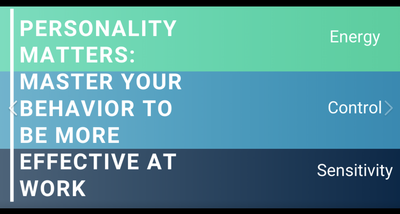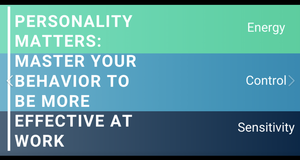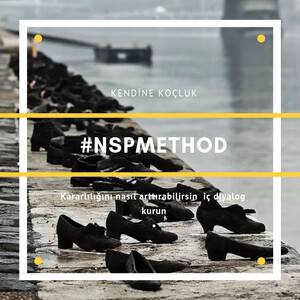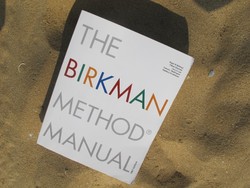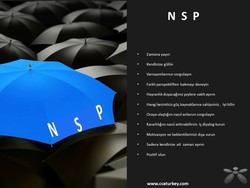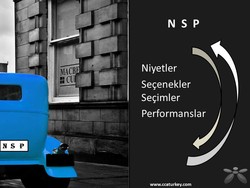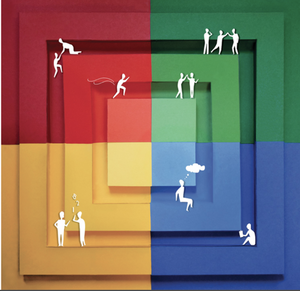- Features
- Comments (0)
- Recommend
- Images
-
It s not only a reporting tool, but it also requires a know-how past background in corporate consulting and practices.
The answer is simple and complicated all in one. There are many available tools that measure aspects of human behavior. In our research to help determine what tool is the best one for helping people not only understand information about themselves but to be able to do something with that information to improve their lives, we kept coming back to the Birkman.
The basic answer to “Why use the Birkman” is because of what and how it measures about human behavior. There is only one other tool with higher validity and reliability rankings across the measurement industry, and it measures 4 components of behavior. The Birkman measures 77.
“The three perspectives (Usual, Needs and Stress) for each Component substantially influence individual behavior and interactions with others.
USUAL behavior is just that — the behavior we usually use. This is the positive behavior we have learned to use as a means of achieving success, our own personal socialized behavior in our everyday world. Usual behavior is the behavior you have learned that works for you, what others see as your strengths.
Our NEEDS are a vital part of who we are, perhaps the most important element of each person’s personality. Our NEEDS describes how we honestly want to be treated, supported and motivated. When we describe our NEEDS, we are actually describing the truest part of who we are — the non-negotiable part of what we must have. Our needs must be met in order to exhibit our USUAL behavior.
The NEEDS provides us a sense of our “inner self” through which we see the whole world. The vision provided by this set of “inner eyes” is a way of translating our own understanding of the world into a set of expectations that, although seldom seen, impact every relationship in our lives. Roger Birkman’s concept of NEEDS and its importance to each one of us is what sets The Birkman Method® apart from all other assessment instruments.
Our STRESS behavior describes behavior that may occur when we feel frustrated when things aren’t going well — basically when our NEEDS are not being met. Although it is completely natural for STRESS behavior to occur, it is seen by others as negative, ineffective and often quite costly in human terms.
Getting our NEEDS met on a consistent basis provides us with stamina and flexibility that allow us to interact with our positive USUAL behavior. When our NEEDS are consistently not met, STRESS behavior is the likely result. It is easy to see how important the role of NEEDS plays in our lives — a barometer that affects the kind of behavior we exhibit: USUAL or STRESS.
Our NEEDS provide us with a “secondary radar” in dealing with the world around us. This means that our own understanding of others and their needs is always impacted by our own NEEDS score. In this capacity, NEEDS can be viewed as an internal strength that the USUAL behavior does not forget.
The capability unique to The Birkman Method® is that it measures and accurately describes our perceptions of others and our perceptions of ourselves. It is also unique in being able to measure how these dual perceptions interrelate and impact our behavior.”


